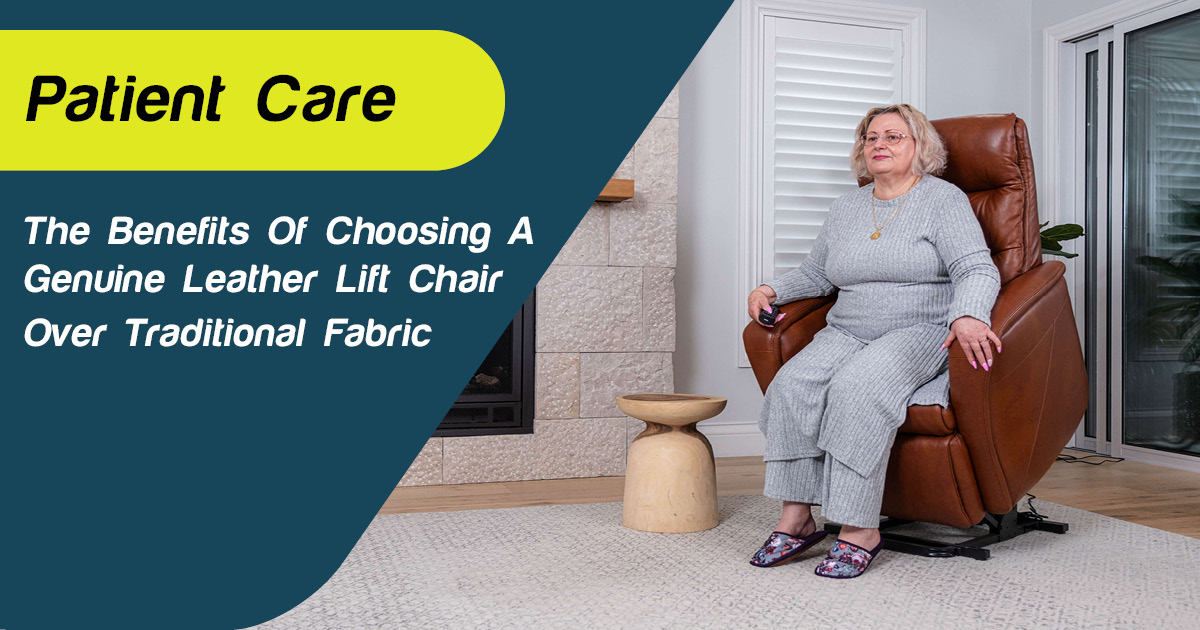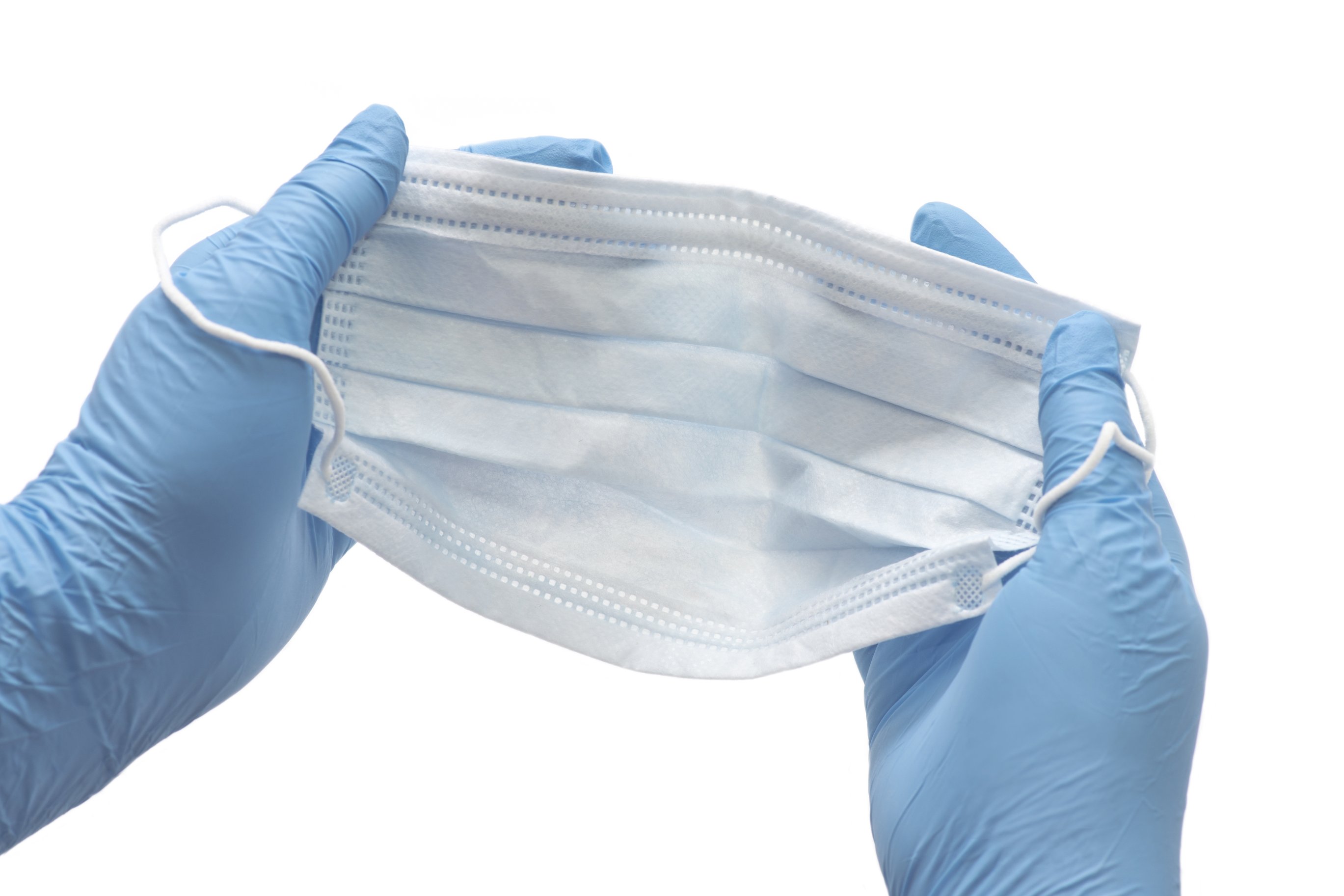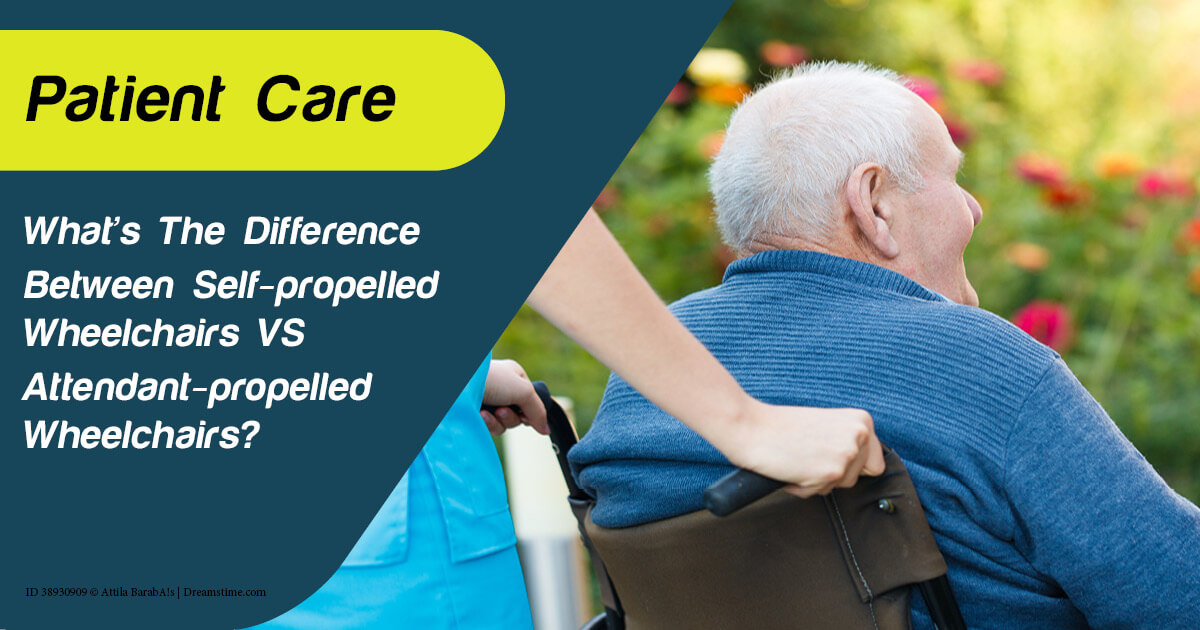
Share
In aged care, the importance of personal hygiene cannot be overstated. Personal hygiene is a fundamental aspect of healthcare practices, and it plays a pivotal role in preventing the spread of infections, maintaining client dignity, and promoting a healing environment.
Why is personal hygiene important in aged care, and what is a self-care deficit? Let’s explore.
WHAT IS A SELF-CARE DEFICIT?
A self-care deficit refers to a situation where a client cannot perform or initiate necessary self-care activities on their own. This can be due to various reasons, like age, illness, disability, or lack of knowledge or resources.
Self-care deficit interventions can be approached in many ways.
INFECTION CONTROL

The emphasis on personal hygiene in client care is infection control. Clients in healthcare settings are vulnerable due to weakened immune systems, open wounds, or invasive devices like catheters or IV lines, which can be potential gateways for pathogens.
Healthcare providers who maintain personal hygiene can significantly reduce the risk of transmitting infections. Handwashing, in particular, is heralded as the single most effective practice to prevent the spread of infectious diseases.
CLIENT COMFORT & DIGNITY

Personal hygiene extends beyond health professionals to the clients themselves. Helping clients with their hygiene needs is not just about cleanliness; it's about preserving their dignity and comfort.
The illness or injury that brings them into a healthcare setting can strip them of their ability to care for themselves. By helping clients with tasks such as bathing, teeth brushing, and grooming, healthcare providers can enhance their overall comfort and well-being.
- Psychological Impact: The client’s personal hygiene has a profound psychological impact. Feeling clean and well-groomed can improve mood and self-esteem, which is important for mental health and recovery.
A client who is confident in their appearance may be more willing to interact with others and participate in their treatment, leading to better health outcomes.
- Professionalism & Trust: Healthcare providers who exemplify good personal hygiene present a professional image that fosters trust and confidence in their abilities.
It reflects attention to detail and a commitment to excellence, both essential in the high-stakes client care environment. When healthcare workers neglect their hygiene, it can raise concerns about their competence and the safety of their care.
- Holistic Healing: Modern healthcare recognises the importance of holistic healing, which focuses on treating the whole person rather than just the symptoms or disease.
Personal hygiene plays a role in this approach by addressing the physical, mental, and emotional aspects of client care. A clean and well-maintained environment supports a holistic healing process.
HYGIENE CARE IS IMPORTANT TO ACTIVE MOBILITY
Hygiene care is a cornerstone of quality client care, especially in aged care. It is integral to infection control, client comfort, psychological well-being, professional trust, and holistic healing.
Support workers must continue to prioritise personal hygiene to ensure the safety and dignity of their clients. As the healthcare industry evolves, the commitment to personal hygiene remains constant, underpinning the noble goal of all healthcare professionals: to provide the best possible care for their clients.
At Active Mobility, we offer a range of products to make daily life more manageable for individuals with disabilities in aged care facilities. Browse through our collection and shop online today!









